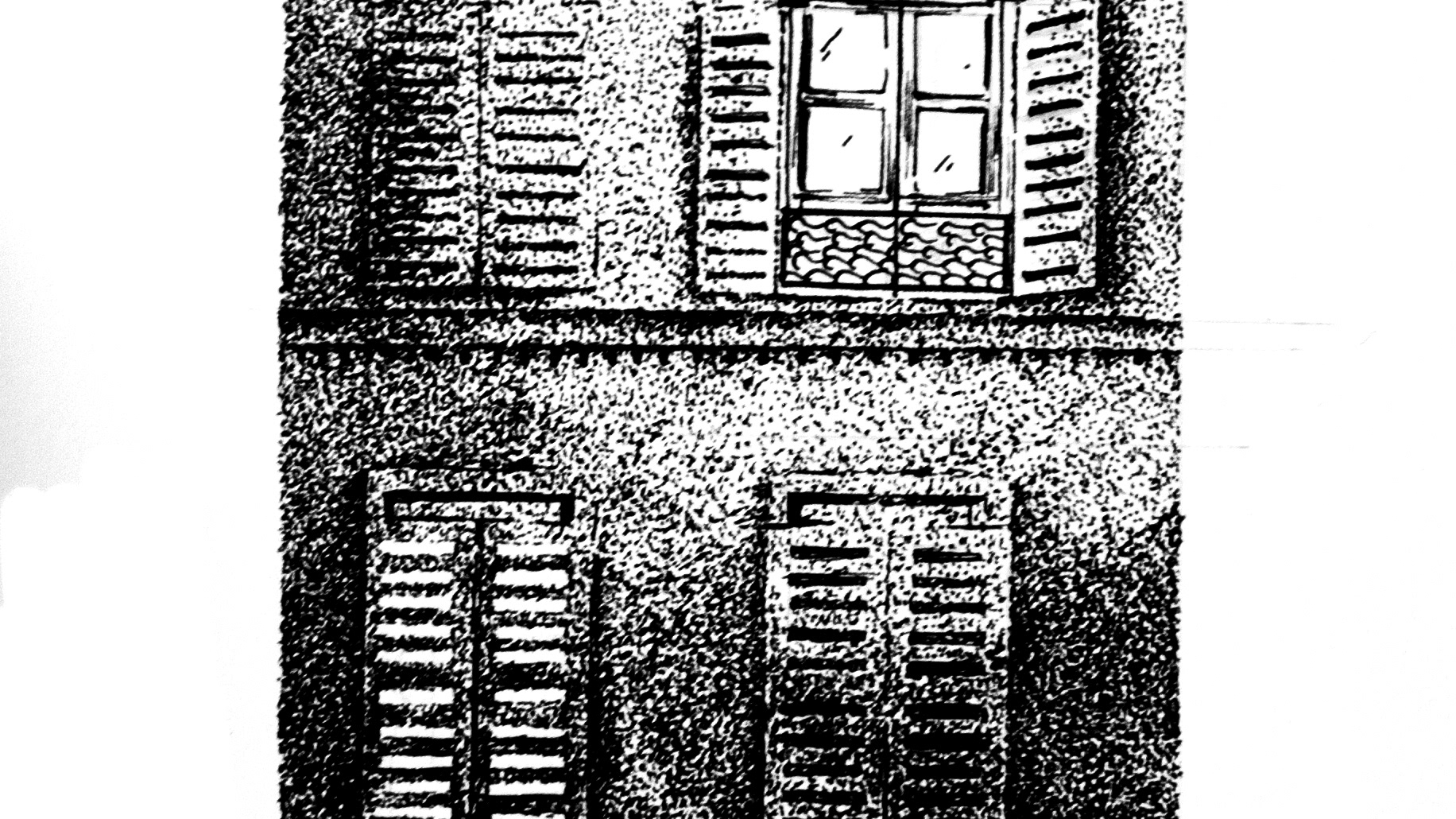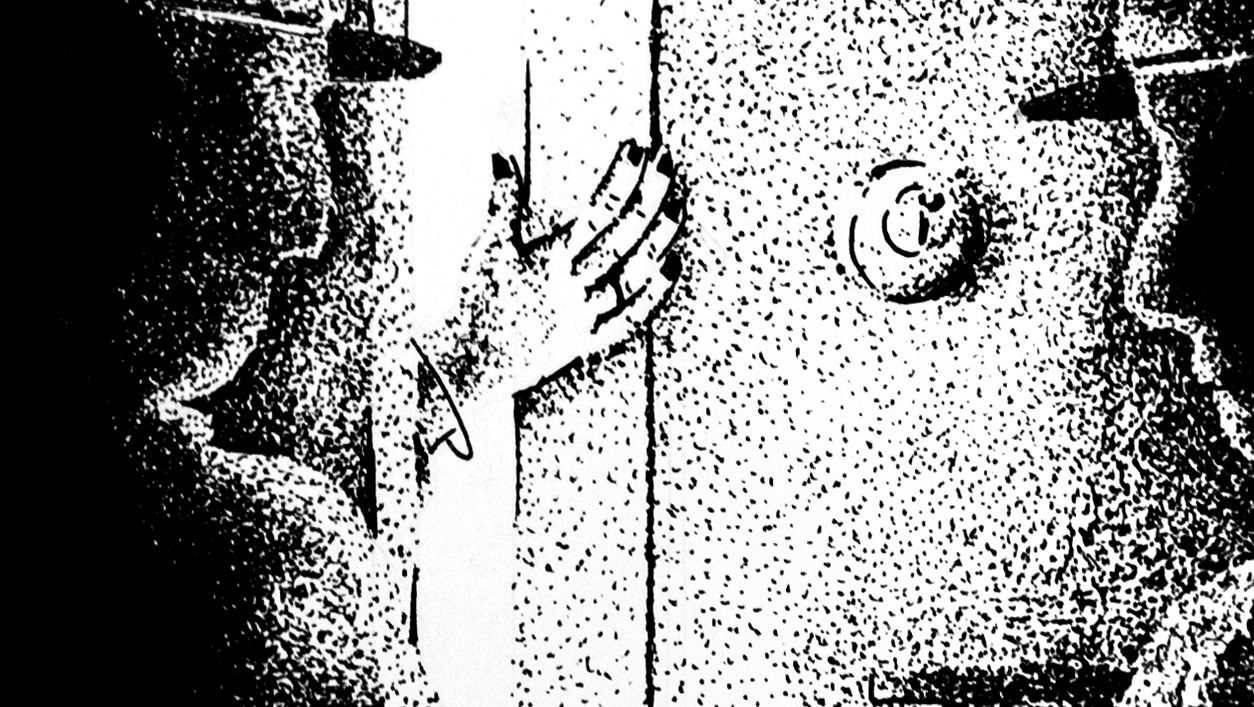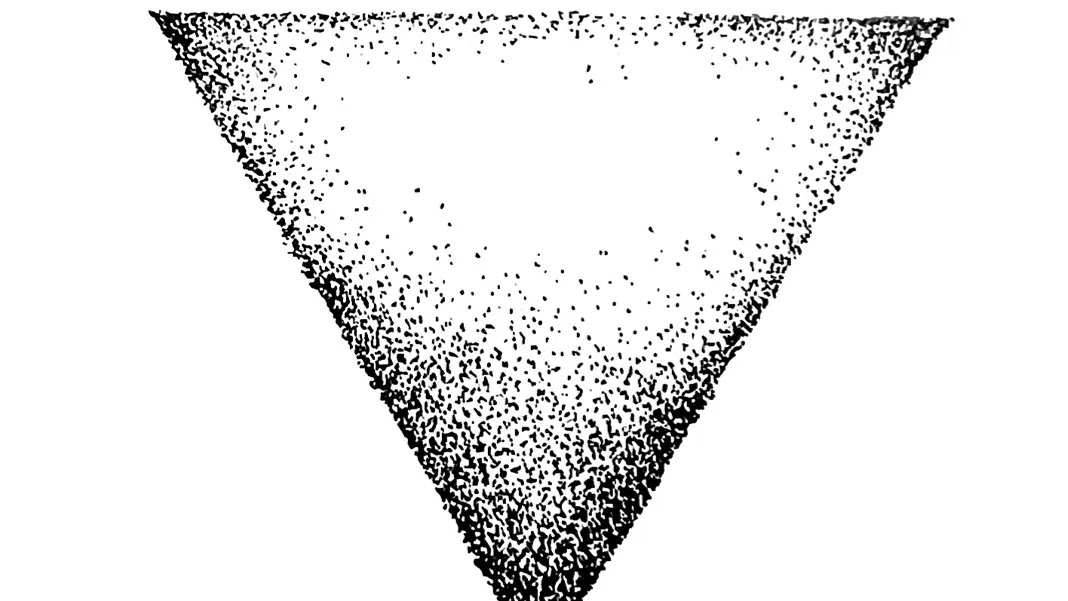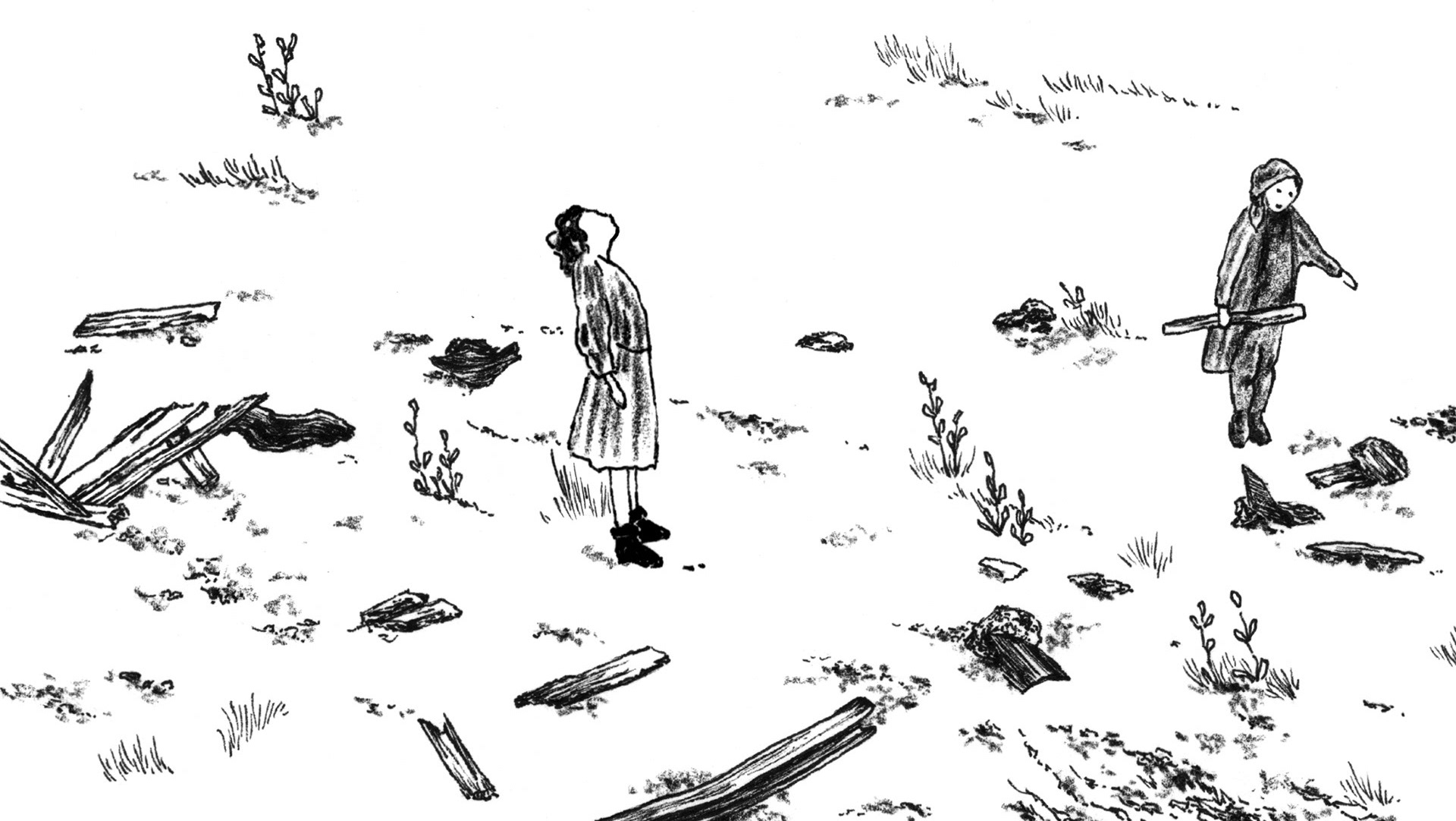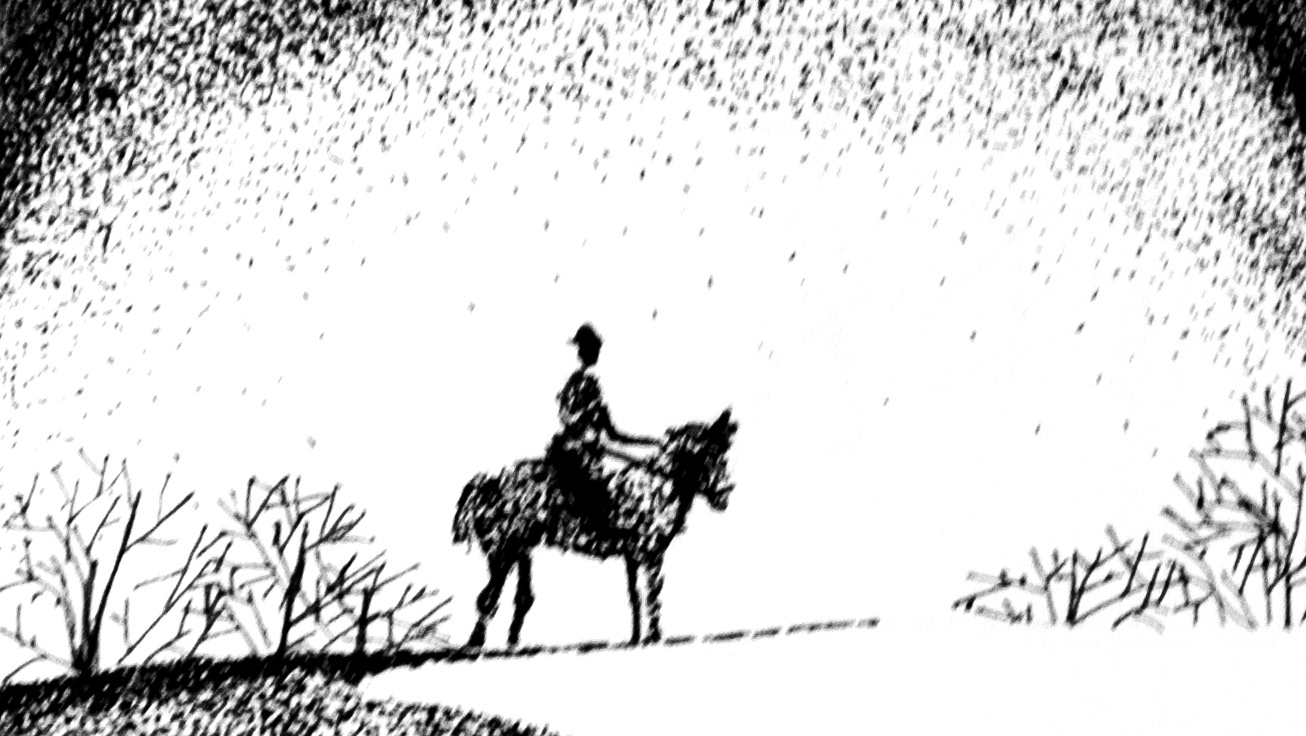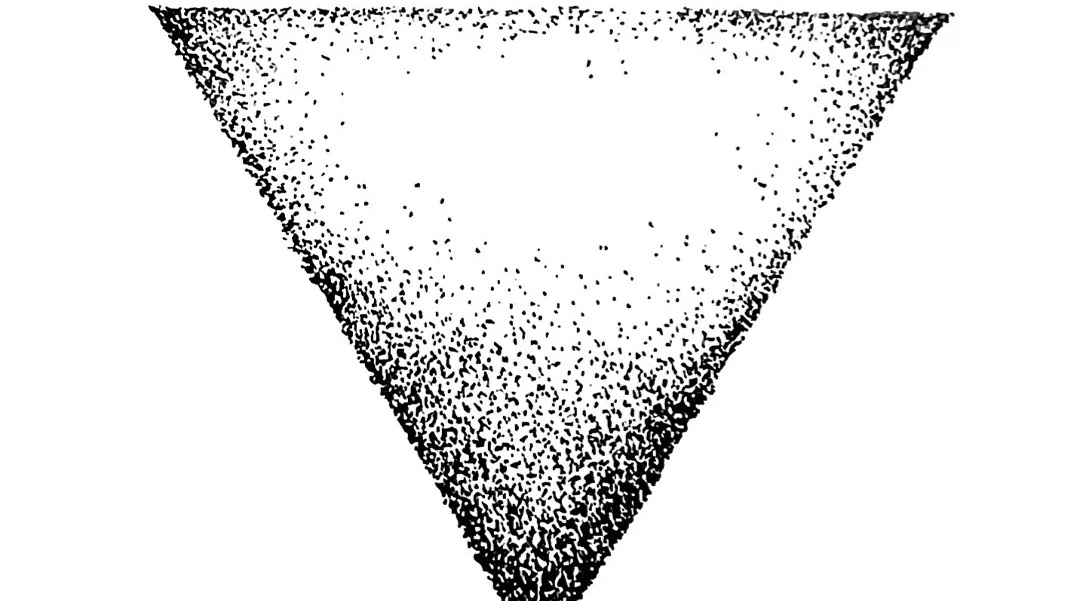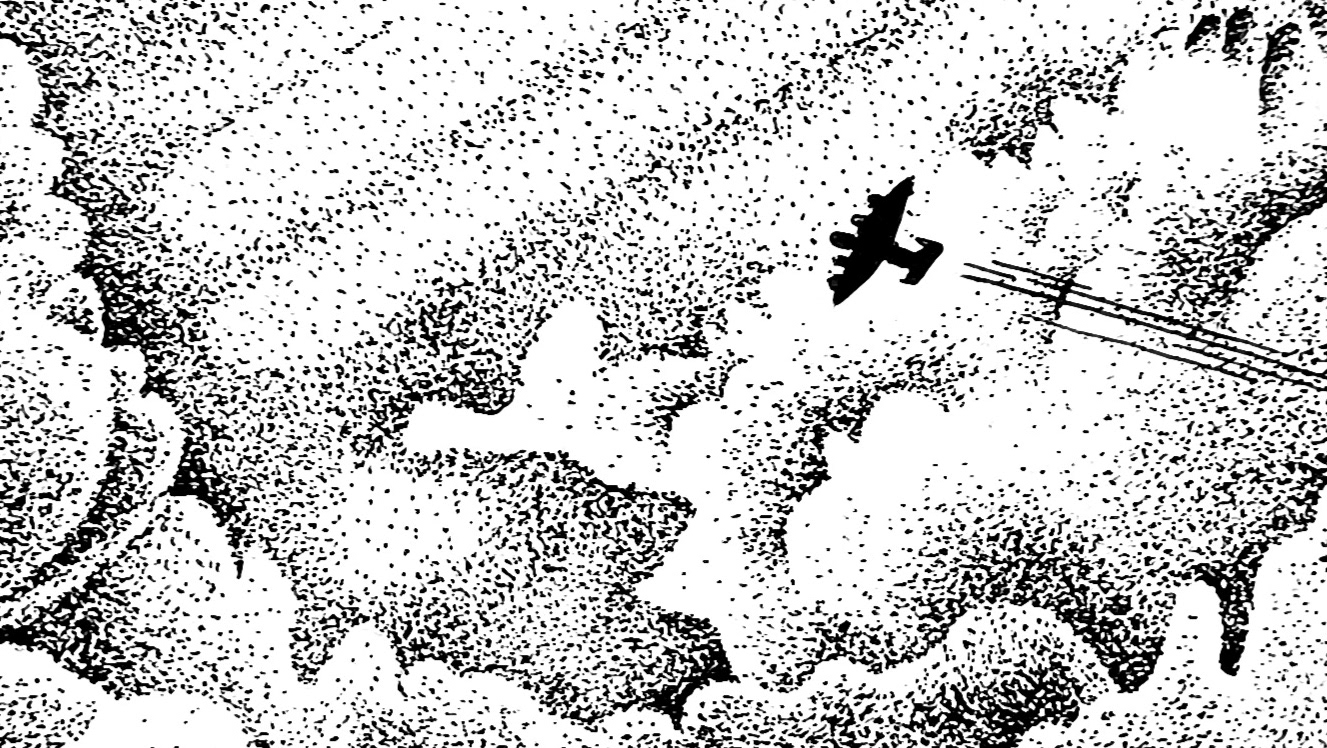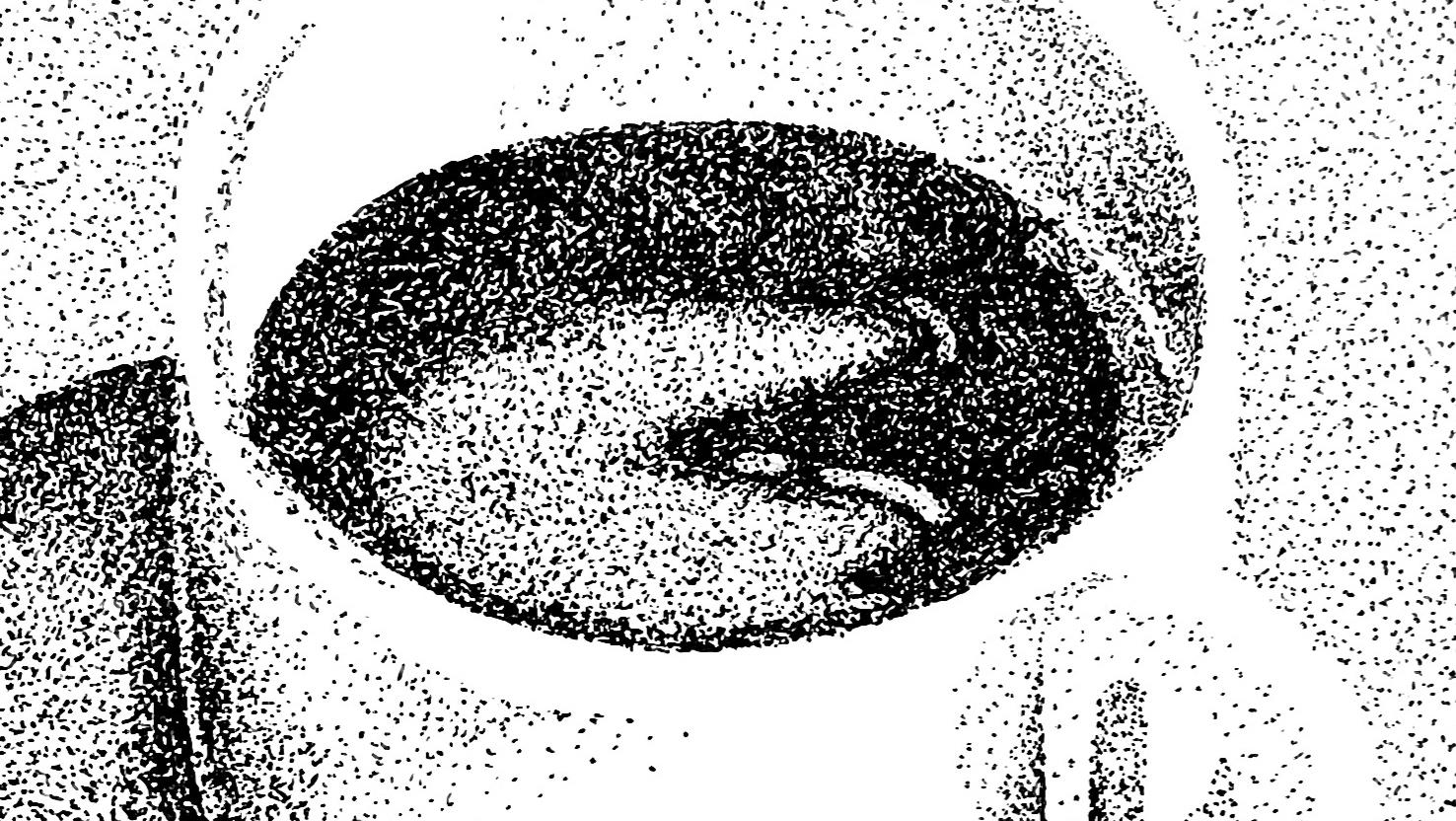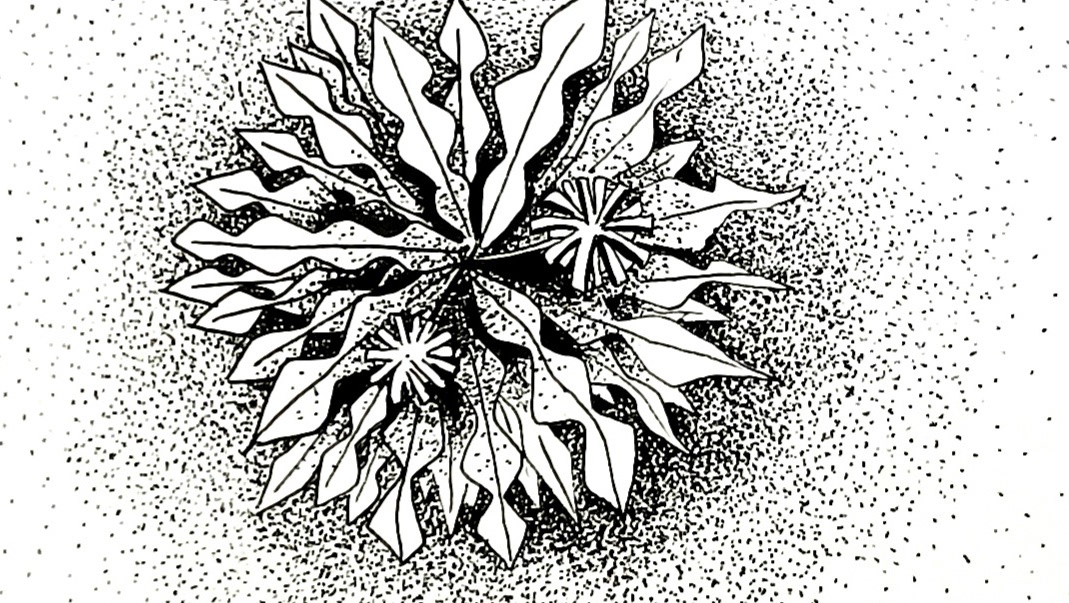Today is the 10th of May 1946, and a trial begins, the Sanders trial. Francis Joly is truly hoping this trial will sentence the people who sent him and his friends to Auschwitz.
Back in february of 1942, Francis worked at the Sanders factory, where cash registers were produced. The company had had coverage in the past, not for the quality of its products, but for the several strikes which happened during the 30's. Those strikes proved successful, no employee was fired, their rights were still protected.
But in 1942, with France losing the war, with the workload doubling so to help the german war effort, the work conditions got more and more difficult. An informal syndicate was reformed, they made demands to the Sanders manager, the biggest one being for better salaries, considering the workload raise. The demands were refused.
On the 9th of february, the workers organised a new strike, hoping for the best, just like the best happened back in the 30's. Five minutes after the strike started, the manager threatened to call the police if it didn't stop in the next 10 minutes. The workers didn't expect that, the police hadn't been involved in the 30's. A discussion ensued between the workers, many of them didn't want the french police to come in and arrest. Worse, the german police could be involved too.
15 minutes after it started, the strike ended, the workers went back to work. The strike failed. The manager didn't keep his word either and called the confederation of french employers, who in turn got in touch with the french police.
On the 11th of February, 16 workers were arrested, including Francis. 8 of them were to become part of the 45000, a ninth was deported from Drancy as jewish, he was murdered quickly in Auschwitz.
The 8 other workers fought, struggled, protected each other as long as they could. But one by one, they died, Francis was the last one in february 1943, only a year after the 15 minutes strike.
Francis survived, driven by anger of what happened to him and his friends, driven by love to meet with his family again. He was lucky too, survival in Auschwitz is also a matter of luck.
Back in France, Francis struggled again. He left a country in collaboration with Germany, he came back in a country that pretended it didn’t happen. De Gaulle declared that France resisted, that Petain and the Vichy government wasn't France, that the true french government was someplace else. Francis didn't remember France that way, he remembered the Vichy collaboration, the restrictive laws, the factories working alongside the german. He didn't remember much about resistance, but he remembered clearly being deported because he launched a 15 minutes strike.
There were summary executions in 1944, trials in early 1945, Francis missed most of them. 764 were executed, 46145 were nationally degraded, meaning they lost any voting rights and pensions. Francis was there for Petain's trial in july 1945, condemned to death then reduced to life imprisonment by De Gaulle.
The time of the trials was over, neither De Gaulle or the french population wished to dwell on the dark collaboration years, everybody wanted to move one as quickly as possible, concentrate on the heroes rather the villains, the heroes rather the victims.
Francis was not ready to move on, he was carrying the memory of the deportation, of 8 of his friends. He wanted the Sanders company to pay for what happened.
Back to the present, the Sanders trials begin. Not many people want this trial, Francis had to put some of his personal funds to make it happen . He tells his story as best he can, as well as the story of his friends.
This should be straightforward, the manager promised to not contact the police, the workers complied, the authorities were still contacted, and deportation ensued. The path to guilt sounds cristal clear to Francis.
It isn't.
The Sanders manager did call a manager's union, but he didn't contact the police. The police got hold of the situation, they only transmitted the information to a service who arrested them. 6 months later, the arrested men were selected as hostages and deported to Auschwitz. The path may be clear, the responsibility of the Sanders manager isn't. How could he have known that contacting a manager's union would lead to the deportation of his employees?
The manager is proven innocent, it is acknowledged that Francis and the 8 Sanders workers were deported but no guilt is laid, almost as if they were deported by no one. Francis is the survivor of an event that bears no consequence, if for a plaque stuck on a wall near the Sanders factory.
Justice can be inadequate, it can also be absurd.
France is not ready yet to face its dark past, France barely acknowledges it lost the Second World War. The path to the truth will take many more years.
Francis can't take this, he can't accept such injustice. He just can't.
Notes
Thank you for listening to this episode of 31000/45000, the story of 2 trains of french members of the resistance. My name is Matthieu Landour Engel.
This episode was about Francis Joly and the Sanders trial.
This is a delicate matter, obviously, but I am going to try to give a few more explanations.
The 1936 strikes preceded the Second World War, many workers rights were created, the workers won by a combination of sudden global strikes, factory occupations, and a new government pushing at the same time for those rights, the front populaire. Now those victories created resentment, from the politics who didn't believe that those laws should be implemented to the factory heads who believed that those laws would hurt their business and the general economy.
When the Second World War started, and hostages were demanded by the german authorities after sabotages, those strikers were often pointed at, as they were also often members of the communist party. Those strikers were often listed as dangerous elements, you could see that as a revenge for the advances of the 1936 strikes.
Now, regarding the Sanders trial, it is a complex matter. The strikes, which only lasted 15 minutes before it ended, led to the arrestation of those men, and some of f them were later on selected as hostages and deported to Auschwitz. There is an obvious cause and effect, yet the manager of the Sanders factory, even if he contacted the union, had no intention of sending them to Auschwitz, he would never have been able to know contacting the union would have led to this consequence, which explains easily why the Sanders factory was not condemned. On the other hand, it is easy to understand why Francis Joly wanted this trial to happen, why he was convinced the Sanders manager should have been condemned, how deeply unjust it must have felt to him.
Men like Francis Joly were deported to Auschwitz, and no one was considered guilty for his deportation, as well as his friends who didn't survive. This is deeply unfair and many, at the end of the Second World War, felt that way, the french jewish population for example. The Nuremberg trials judged the heads of the nazi regime for war crimes, crimes against humanity, yet the extermination of the european jewish population was not a huge topic of discussion during these trials. As for the french government, the Vichy Regime, no one was judged for shoah related crimes, guilt was transferred to the Nazi regime, as if the Vichy regime was entirely innocent, which was not the case. It took more than 20 years, the tireless work of committed citizens like the Klarsfeld couple, ot the literary work of people like Robert Paxton, to start digging and get a more precise picture of what happened with the Vichy Regime, and finally assign blame where there were wrongs.
I have been trying to find Francis Joly’s relatives, unfortunately, my research was unsuccessful. If by any chance, you know of someone related to him please let me know, I would be very pleased to get in touch and make sure the text I wrote doesn’t contain any errors.
My sources for this story mostly come from the book Red triangles in Auschwitz, by Claudine Cardon Hamet, the website deportes-politiques-auschwitz.fr, memoire vive, the foundation for the memory of deportation website , the Maitron website, and the fantastic website auschwitz.org
Thank you very much for your attention, next episode will be about Emilia Kerisit and the trial of Ferdinand Werner.
